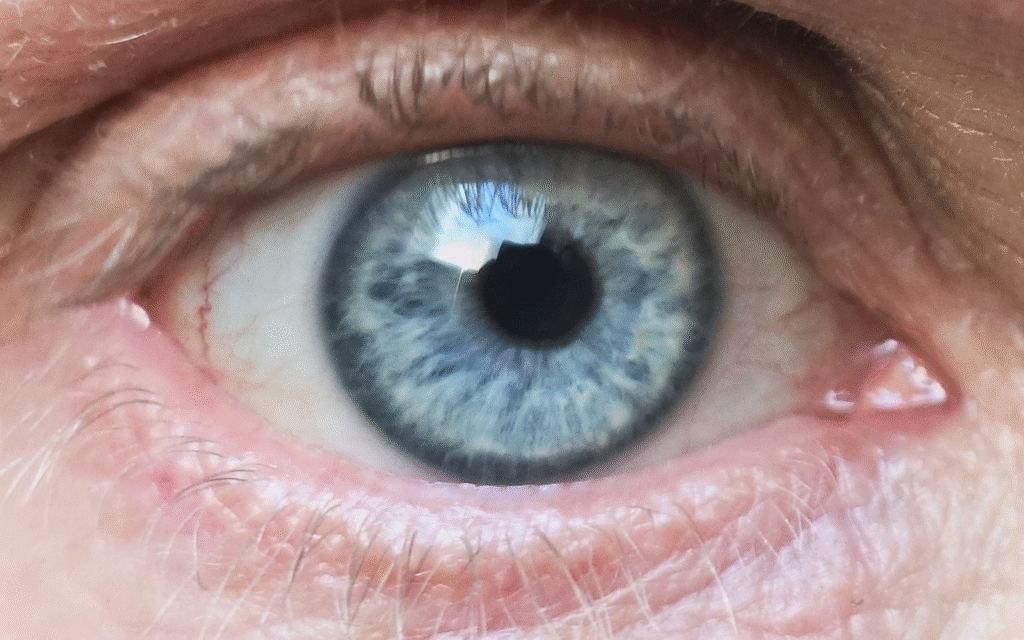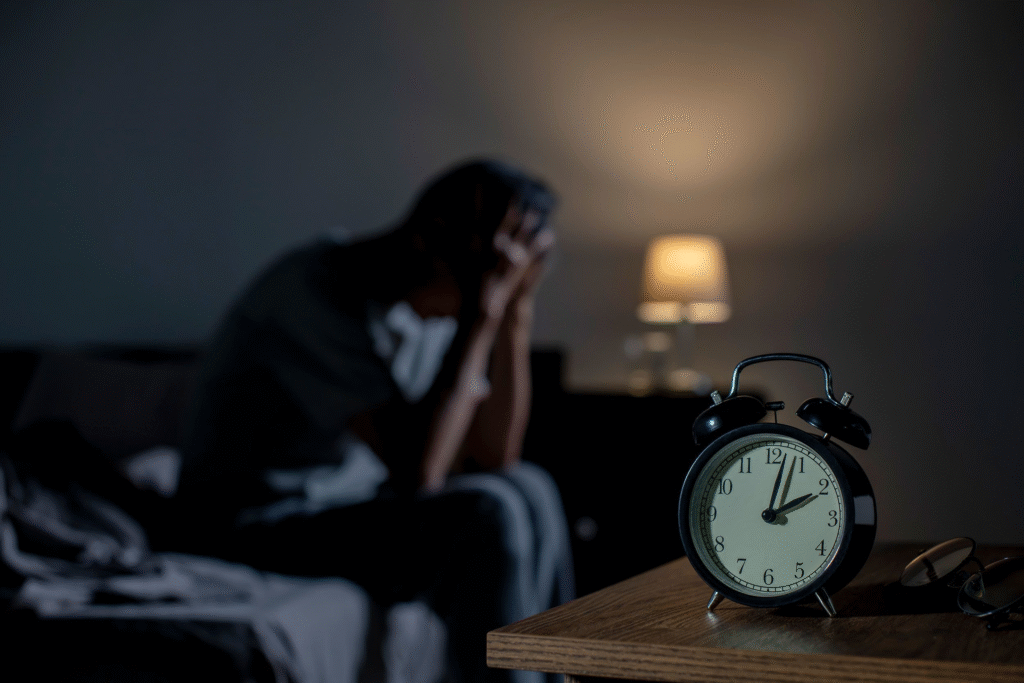Our bodies are extraordinary machines. Every organ, tissue, and cell is working in constant harmony to keep us alive and well. But just like any finely tuned system, sometimes something falls out of balance. And when that happens, the body doesn’t stay silent—it speaks to us.
Unfortunately, in today’s fast-moving world, many of us are too distracted or overwhelmed to notice the signs. We dismiss fatigue, ignore skin changes, and shrug off cravings as random quirks. But in many cases, these small symptoms are actually your body’s way of waving a red flag—a call to action before things get worse.
Let’s walk through eight common but often-overlooked signs your body may be giving you, and what they could be trying to tell you.
1. The “Greek Foot” (Second Toe Longer Than the First)

Ever notice that your second toe is longer than your big toe? This foot shape is actually referred to as “Greek foot” and is surprisingly common. While it’s usually harmless, it can lead to discomfort—especially if you’re wearing shoes that don’t provide enough room or support.
If you experience pain at the base of your second toe or around the ball of your foot, it may be due to pressure caused by this alignment. Left unaddressed, it can contribute to calluses, corns, and even joint issues over time.
What to do:
- Choose footwear with a wider toe box and proper arch support.
- Avoid high heels and narrow shoes that squeeze the toes together.
- Consider orthopedic inserts if you’re experiencing ongoing discomfort.
2. Rings Around Your Iris

Take a close look in the mirror—specifically at your eyes. Do you see a light gray or white ring forming around the outer edge of your iris (the colored part of the eye)?
This is called corneal arcus, and while it’s fairly normal in people over 50, it can be a warning sign when seen in younger adults. It may indicate high cholesterol levels—a risk factor for heart disease and stroke.
What to do:
- If you’re under 50 and notice these rings, schedule a cholesterol check.
- Cut back on saturated fats and processed foods.
- Eat more fiber-rich foods like oats, beans, and vegetables.
- Regular exercise and weight management also help lower cholesterol.
3. Brittle Nails and Weak, Splitting Hair
If your nails break easily, peel, or feel unusually thin—and your hair seems dry, brittle, or prone to splitting—your body may be crying out for more vitamin B complex, particularly biotin (B7).
These vitamins are essential for healthy skin, hair, and nails, and a deficiency can leave your outer appearance looking as tired as you feel inside.
What to do:
- Eat more mushrooms, seaweed, milk, eggs, and whole grains.
- Consider a B-complex vitamin supplement, especially if you follow a restricted diet.
- Drink plenty of water and avoid over-styling your hair with heat or chemicals.
4. Bleeding Gums
Have you noticed bleeding when you brush or floss, even if you’re gentle? While gum bleeding can be a sign of gum disease, it often starts with a deficiency in vitamin C, which is essential for maintaining healthy blood vessels and connective tissue.
Without enough vitamin C, your gums become fragile, inflamed, and more prone to bleeding—even from minor irritation.
What to do:
- Add more citrus fruits (oranges, lemons, grapefruit), spinach, bell peppers, broccoli, and cabbage to your meals.
- If needed, take a vitamin C supplement (but avoid megadoses without guidance).
- Maintain a consistent oral hygiene routine and see your dentist regularly.
5. Craving Ice (Yes, Really)

This one surprises a lot of people—but if you find yourself constantly chewing on ice, it may be more than just a weird habit. It could be a symptom of anemia, particularly iron deficiency anemia.
The exact link between ice chewing and iron is still being studied, but many people with low iron levels report intense cravings for ice cubes—sometimes even preferring it to actual food.
What to do:
- Have your iron levels checked with a blood test.
- Boost your intake of red meat, eggs, spinach, and even snails if you’re feeling adventurous!
- Consider an iron supplement if your doctor recommends it.
- If you’re always tired, cold, or short of breath, those could be additional signs of low iron.
6. Sudden Cravings for Desserts and Sweets
We all get the occasional sweet tooth. But if you find yourself reaching for candy or pastries every time you’re tired, stressed, or sad, it might be more than emotional eating—it could be your brain crying out for glucose, the fuel it needs to function.
While the brain thrives on stable blood sugar levels, intense or frequent sugar cravings often point to emotional imbalance, fatigue, or chronic stress.
What to do:
- Try complex carbs instead of sugary treats: sweet potatoes, whole grains, and bananas can give your brain a healthy glucose boost.
- Practice stress relief techniques like walking, breathing exercises, or stretching.
- Avoid refined sugars, which spike your blood sugar and lead to crashes that make cravings worse.
7. Dry, Flaky Skin
If your skin feels tight, rough, or itchy even when you’re well hydrated and moisturized, it may be a sign you’re lacking vitamin E.
This antioxidant-rich vitamin helps keep your skin soft, supple, and protected from environmental stress. A deficiency can lead to premature aging, rough patches, and general skin dullness.
What to do:
- Eat more nuts (almonds, hazelnuts), seeds, olive oil, and leafy green vegetables.
- Add fatty fish like salmon to your weekly meals.
- Look for skincare products that include vitamin E to support skin health from both the inside and outside.
8. Insomnia, Irritability, and Leg Cramps

Can’t sleep at night? Feeling unusually moody? Getting painful leg cramps, especially in the middle of the night? These could all be signs that your body is low in magnesium and potassium—two essential minerals that help regulate nerve and muscle function.
Magnesium also plays a big role in helping your body relax. Without enough, your nervous system stays “on edge,” making sleep difficult and moods unpredictable.
What to do:
- Eat more bananas, spinach, avocados, tomatoes, and oranges.
- Try a warm magnesium-rich Epsom salt bath before bed to relax your muscles.
- Talk to your doctor before starting any supplements.
Don’t Ignore the Signals — Your Body Knows What It Needs
The human body is an incredible communicator. Long before major issues show up on test results, your body whispers to you. It’s in your cravings, your skin, your nails, your sleep, and your mood.
But most of us have been trained to power through. To dismiss symptoms until they demand our attention. Let’s change that.
By learning to listen to your body’s signals—and respond with the right foods, rest, and self-care—you can support your health from the inside out.
So the next time something feels “off,” don’t ignore it. Pause. Reflect. Nourish yourself. Your body is always on your side.

